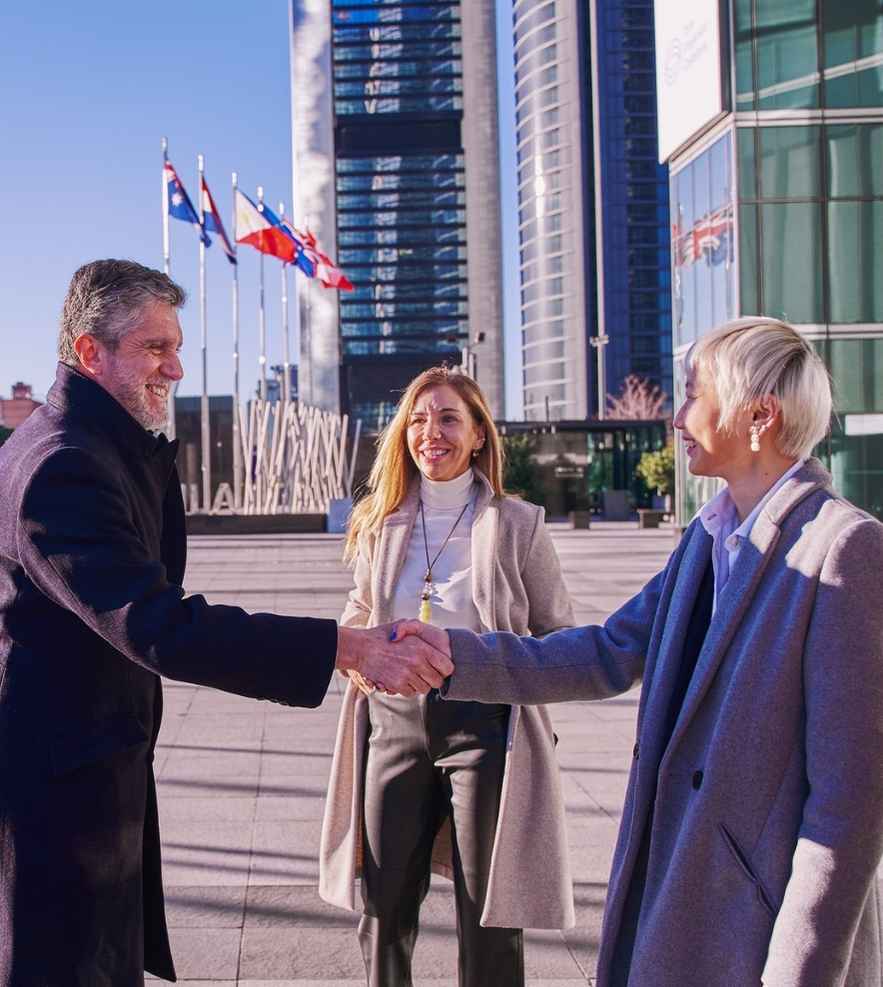
Background
Online events can vary from streaming interactive events to sharing pre-recorded videos via internet.
Live streaming refers to the real-time broadcasting of video or audio content over the internet. It allows users to watch and listen to content as it happens, rather than pre-recorded content. Common examples are presentations, trainings, performances, concerts or any other type of content.
VAT treatment of online events
Online events that are pre-recorded, qualify as digitally provided/ TBE (telecommunications, broadcasting and electronic) services and are currently subject to VAT in the country where the consumer resides or is established.
The VAT rules that are applicable to interactive virtual events and livestreaming are less clear. Since those activities are relatively new, the EU VAT rules do not specifically clarify which country has a right to charge VAT on such activities. This has caused legal uncertainties.
Therefore, the Court of Justice of the European Union (ECJ) has clarified in several cases, how online events should be taxed. For example, on the 8th of May 2019, Case C-568/17, (Geelen) the ECJ explained how VAT applies to interactive sessions streamed via internet. However, the decision of this case was based on the VAT rules that were applicable before 2010. The rules to determine which country has the right to impose VAT on cross-border services, have changed considerably in 2010.
The ECJ decision of the 23rd of November 2023, in Case C-532/22, (Westside Unicat), concerns the current VAT rules applicable to organizers of live streamed interactive sessions. The ECJ was asked whether Article 53 of the VAT Directive applies on admission to interactive virtual events. Article 53 of the VAT Directive rules that providing admission to interactive cultural /educational / entertainment events supplied to businesses (B2B) are taxed in the country where the event takes place.
ECJ’s decision in Case C-532/22 (Westside Unicat)
The ECJ was asked which country has a right to tax the organizing of interactive virtual events / livestreaming of videos.
Decision of the ECJ
The ECJ’s response was that organizing interactive virtual events are not taxed in the country where the event takes place.
The ECJ points out that the previous guidance in Geelen (C-568/17) was not relevant, as it essentially was considered an older, similar but crucially different place of supply provision.
Practical implications
Article 53 of the VAT Directive is generally not applicable to organizing interactive virtual events / livestreaming.
The main rule (Article 44 of the VAT Directive) applies for B2B interactive virtual events/livestreaming services. Therefore, providing online admission to interactive cultural /educational / entertainment events supplied to businesses (B2B), are taxed in the country where the service recipient is established.
Future place of supply rules for interactive virtual events
EU VAT rules, applicable from the 1st of January 2025 provide further clarity. The VAT treatment of virtual events will be aligned with the tax treatment of TBE services.
On the 5th of April 2022, the EU Council adopted the EU Directive 2022/542 which provides that from the 1st of January 2025, the supply of a virtual event and livestreaming is taxable in the country where the consumer resides or is established.
The changes apply for interactive online events and other live-streamed activities that do not qualify as digital/TBE services under current rules.
B2C
The future rules apply to activities which are streamed or otherwise made virtually available. This means that future place of supply rules do not only apply to virtual events but to all live-streamed activities.
The virtual event will be subject to VAT in the EU Member State (MS) of the customer.
This means that the providers of such cross-border services, must charge the VAT of the MS to their customers (the threshold of €10,000 applies to EU/Northern Ireland (NI) cross-border suppliers).
Consequently, when a business provides B2C cross-border virtual events or other live-streamed activities, the supplier becomes liable to register for VAT in all EU MSs where it has customers. For EU businesses a threshold of €10,000 applies, however no threshold applies for non-EU businesses.
OSS registration possible
Alternatively, the business could opt for EU VAT One Stop Shop (OSS). This means that businesses falling in scope of the new rules, are not required to register for VAT in each of the EU MS of their customers.
B2B
The EU Directive 2022/542 makes it clear that the rule applicable to in-person events (Article 53 of the EU VAT Directive), does not apply to events “where the attendance is virtual”. Consequently, the main place of supply rule for B2B services (Article 44 of the EU VAT Directive) applies for virtual events.
This means that, in a cross-border situation, no VAT will be charged, and the service provider will apply the so-called “reverse charge mechanism”. Subsequently, the B2B recipient will self-assess the VAT. This generally is in line with the current treatment of the virtual events.
Several MSs have already changed their rules
The new rules apply from the 1st of January 2025. However, several MSs have already made steps to change the VAT treatment of the virtual events, e.g. by implementing circulars or policy decrees that include the new rules.











